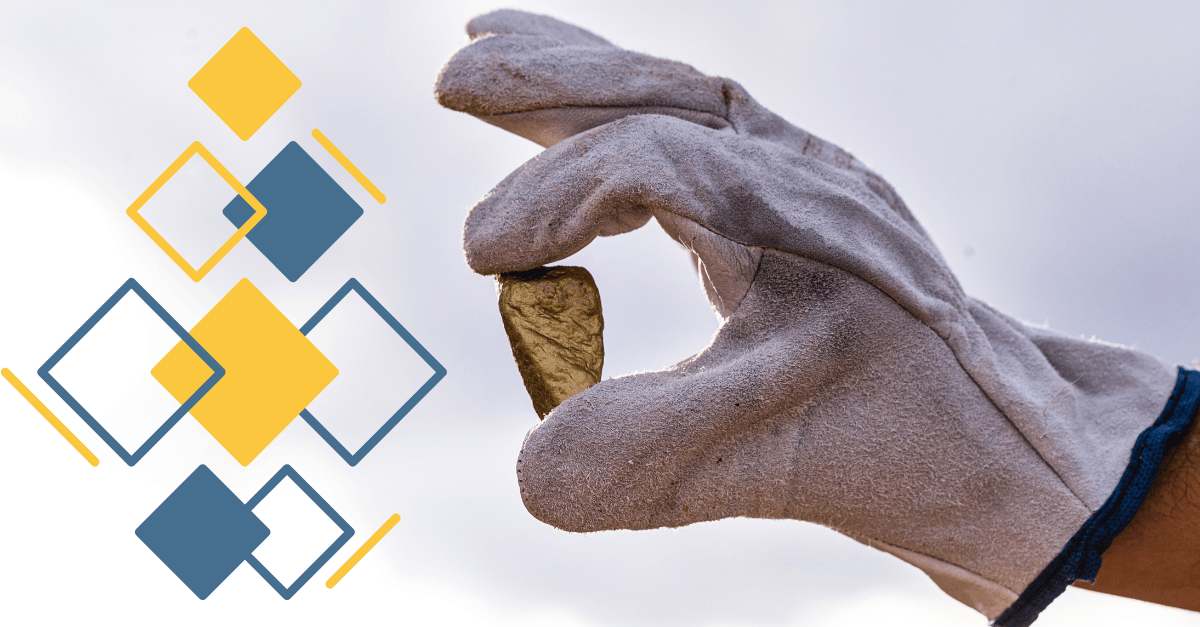As Europe escalates its defence preparedness in response to mounting geopolitical tensions, a critical but often overlooked vulnerability threatens to undermine its rearmament efforts: an overwhelming dependence on foreign supplies of critical raw materials (CRMs).
From aluminium to tantalum, modern military hardware — including main battle tanks, aircraft and electronics — relies heavily on minerals that are scarce or nearly absent in Europe. The European Commission admits that the bloc currently produces just 1% to 5% of its CRM needs, while demand for materials like lithium and rare earths is expected to surge exponentially by 2050.
A new report by the International Institute for Strategic Studies warns that many of the EU’s potential adversaries — including China, Russia, and Turkey — dominate global supply chains for these vital resources. From 2016 to 2020, China and the Democratic Republic of the Congo led global production of 17 CRMs listed by the EU as essential for civilian and defence technologies.
Europe’s Critical Raw Materials Act, introduced in 2024, sets ambitious goals to localise 10% of CRM extraction, 40% of processing, and 25% of recycling by 2030. It also aims to ensure no more than 65% of any one material comes from a single country. But industry experts and analysts warn that implementation is lagging far behind targets.
Rebecca Lucas of RAND Europe calls for deeper diversification and international collaboration, while the Aerospace, Security & Defence Industries Association of Europe (ASD) stresses that access to CRMs is now “indispensable” to Europe’s defence strategy.
Stockpiling, while increasingly adopted at the national level — notably in France, Spain, and Germany — remains logistically and politically complicated at the EU level. Some materials require strict storage conditions and sensitive handling, complicating bloc-wide coordination.
The EU is also turning to “trusted” partners like Australia, Canada, and South American countries to fill gaps in supply, according to EPP advisor Gregor Nägeli. But without significant progress in domestic production, recycling, and substitution technologies, Europe’s green and defence ambitions risk being hamstrung by a strategic dependency that rivals — and perhaps exceeds — its former reliance on Russian energy.

